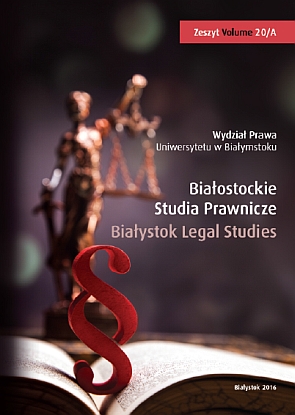Bezpośrednie wybory premiera w systemie konstytucyjnym Izraela (1992-2001)
The direct election of the prime minister in Israel’s constitutional system (1992-2001)
Author(s): Stanisław BożykSubject(s): Law, Constitution, Jurisprudence, International Law, Electoral systems
Published by: Temida 2
Keywords: Israel; constitutional system; Knesset; prime minister; direct election; government; political parties
Summary/Abstract: In Israel, in the period from 1992 to 2001, for the first and only time in the history of modern democracies, the law was changed to enable direct elections for the prime minister. This was an attempt to circumvent weaknesses in the political system which were mostly attributed to the strict rule of proportional representation in electing the Knesset: a high degree of fragmentation and ideological polarisation of parliament, excessive power of small sectarian parties, lengthy processes of forming coalition governments, and the dysfunction of government and political institutions in general. Direct elections for the prime minister were supposed to increase stability, efficiency and legitimacy of the prime minister, government and political system. The reform was unsuccessful because the expectations of its creators – that the voters would adapt to the new institutional rules – failed to materialise. Instead of expressing undivided political loyalty to the prime ministerial candidate and his party, most voters divided their votes in the simultaneous elections for prime minister and parliament: the huge majority gave one vote to the candidate for prime minister of one of the two biggest parties, Labour Party or Likud, while the second vote was used massively to support small parties. The reform further deepened the crisis of the political system and produced numerous theoretical dilemmas about its nature.
Journal: Białostockie Studia Prawnicze
- Issue Year: 20/2016
- Issue No: A
- Page Range: 55-70
- Page Count: 16
- Language: Polish

